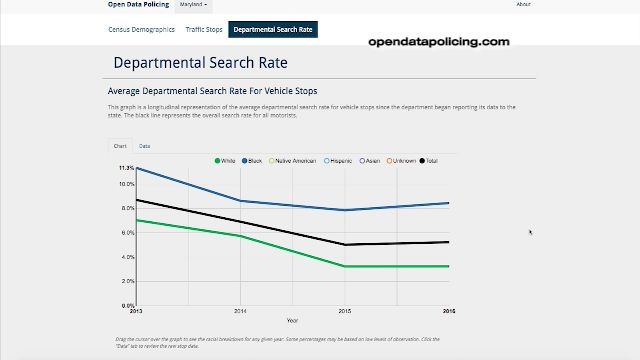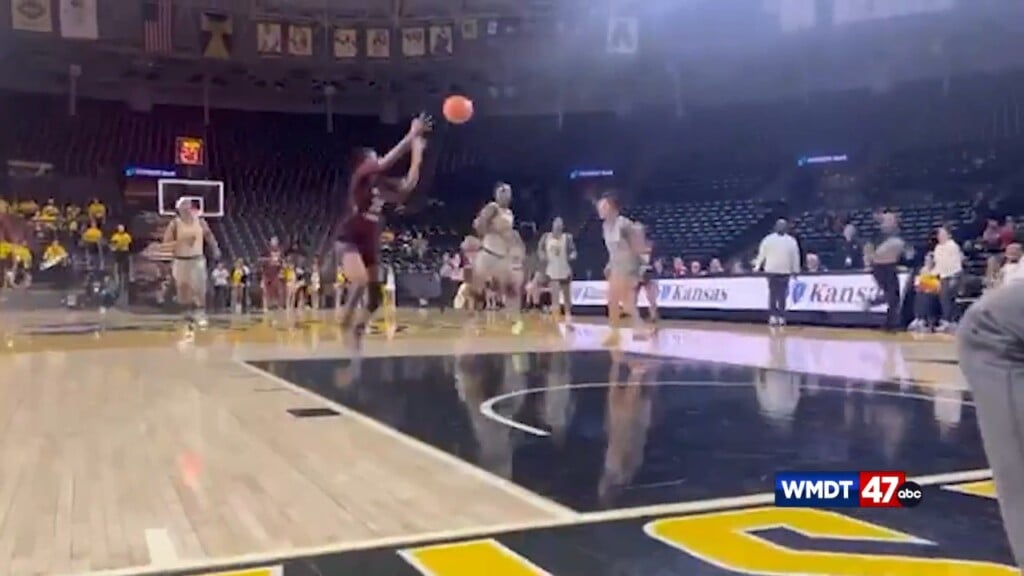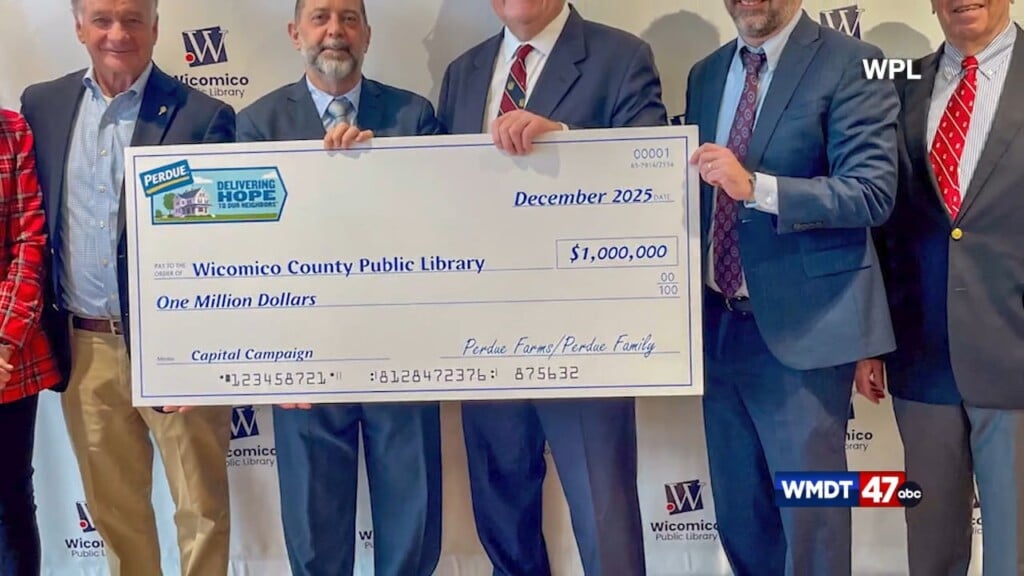Study alleges police disproportionately pull over and search blacks

Black motorists are stopped and searched by police more frequently than their white counterparts according to data released by the Southern Coalition for Social Justice.
In Cambridge, there’s a three percent difference between the amount of searches done on blacks versus whites.
Cambridge Chief of Police Dan Dvorak said the numbers don’t show the full picture.
“The statistics are the statistics and sometimes you have to get beyond them, you have to actually see what the officers are doing and get a feel for how they operate,” Dvorak said.
Dustin Chicurel-Bayard, communications director for the Southern Coalition for Social Justice, disagrees and said the numbers are all that’s needed to show there’s a problem.
“What we found is that there are some departments that disproportionately stop drivers and search them at disproportionate rates based on the color of their skin,” Chicurel-Bayard said.
Dvorak agrees the numbers are disproportionate, but that’s because the statistics are indicative of where his officers are making stops and not because his officers are searching people based on the color of their skin.
“We’re not out there pulling people over because of race, it is prohibited in our department,” Dvorak said. “We see crime happening so we direct our officers into a certain area and it could be racially disparate from the public.”
Dvorak isn’t alone in his belief, Wicomico County Sheriff Mike Lewis agrees the numbers don’t paint a clear picture.
In 2016 statistics show his department pulled over and searched more whites than blacks, the reasoning from Lewis, that is just who happened to be getting pulled over in the area that they were in. His example, Delmarva Bike Week this past summer, an event that he claims attracts mostly white males. During that time his deputies are assigned to that detail and conduct a high volume of traffic stops for various reasons and therefore have more whites stopped and searched than blacks.
In the end the Southern Coalition for Social Justice said their hope is that departments will use the statistics to help develop better practices.
A link to their study can be found here.


